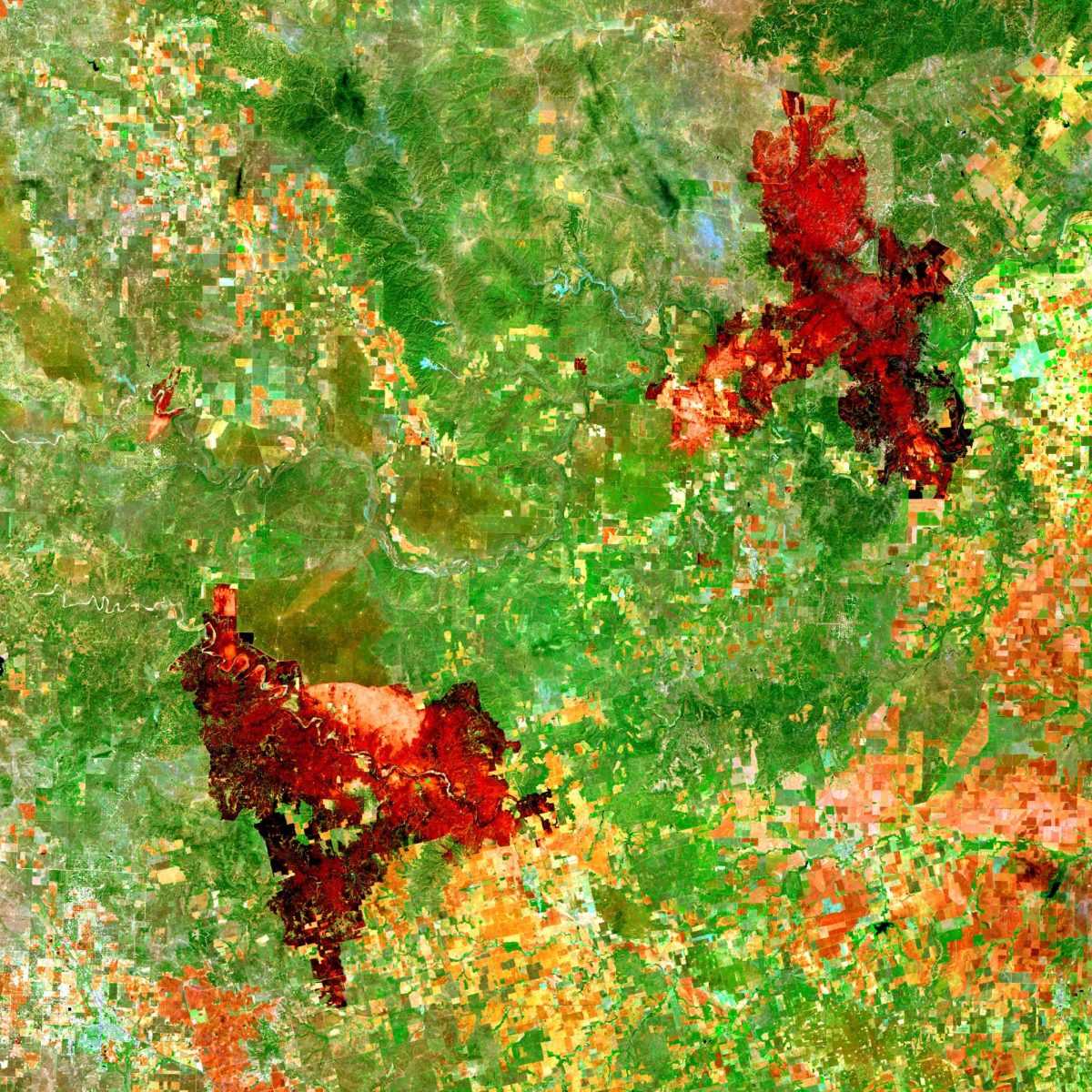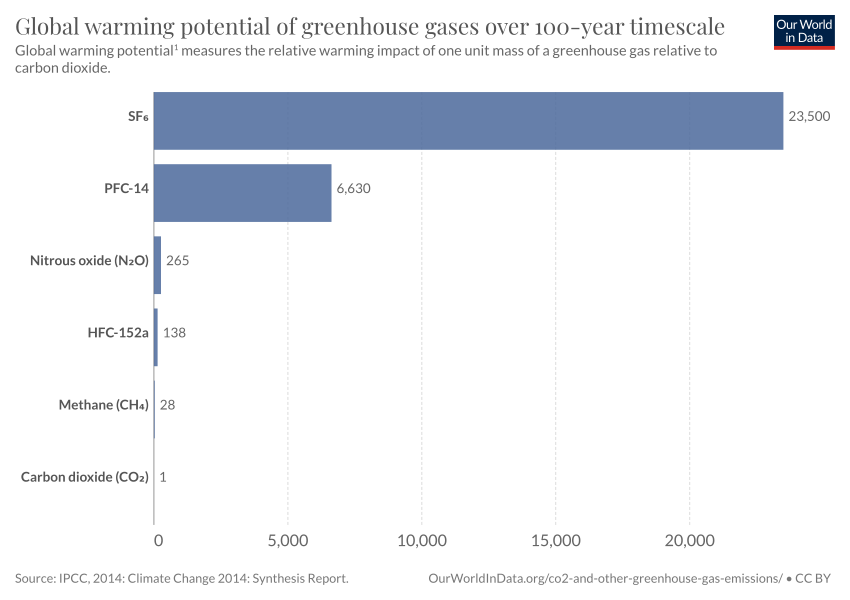On November 6, 2023, new research was found by Shimin Gu, Tianyi Qi, Jason R. Rohr, and
Xuan Liu- a team from the Chinese Academy of Sciences. Their research was published in
Nature Ecology and Evolution, they have revealed that extreme weather due to climate
change such as heat waves, floods, droughts, and cold snaps are benefiting non-native and
invasive species and are endangering native species.
Both native and non-native marine species are mostly unaffected by weather, but heat waves
have a harmful effect on native mollusks, corals, and anemone. Land non-native animals aren’t
affected much by heat waves and storms, native land animals are affected by heatwaves, cold
spells, and droughts. Freshwater non-native species are only affected by heatwaves and
storms, while native freshwater animals aren’t as vulnerable in cold spells and they have a
community structure.
They have gone over 443 studies that lead to 1852 native species and 187 non native species
being studied. The animals studied ranged from terrestrial, freshwater, and oceanic habitats, and
their results showed 24.8 percent of non-native species benefited from the harsh weather and
12.7 percent of native species benefited. This shows the non native species can tolerate the
weather better than the native species can.
When ecosystems are disturbed, invasive species grow and take over before the native species
can recover from the damage. This is because invasive species have traits that native species
don’t have, like being able to grow fast and disperse seeds.
A report from the United Nations Intergovernmental Platform has suggested that humans have
introduced 37,000 invasive species worldwide, they cost 423 billion dollars, and the cost has
been rising each decade since the 1970s. Human-driven climate change has caused wildfires,
droughts, heat waves, and more, and it’s anticipated that they will keep happening through the
next century. Animals are being transferred to new areas and then become invasive, harming the native ecosystems.
Another study had found that 1,200 species have gone extinct because of 218 invasive species.
They’ve been the cause of 60 percent of animal and plant extinctions, as well as the sole cause
of 16 percent of extinctions. 85 percent of the impacts that invasive species have on native
species are damaging, but they also have solutions to prevent further invasions.
This research is important because now scientists could restore the ecosystem by preventing
invasive species from spreading, removing non-native species, adding better native non-invasive communities instead, and by helping native species manage climate change.













